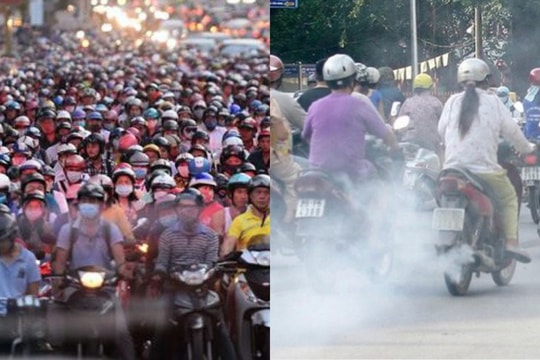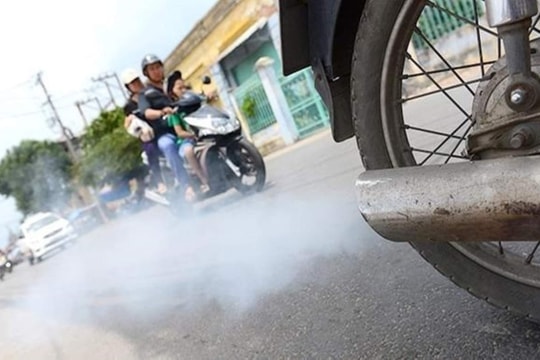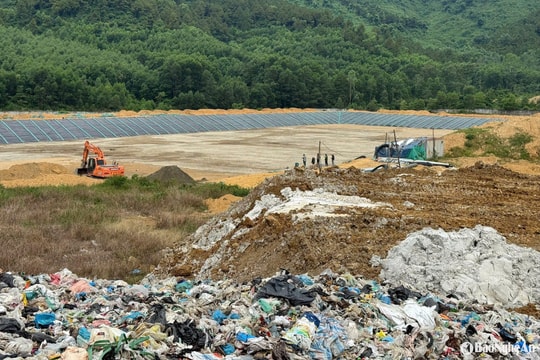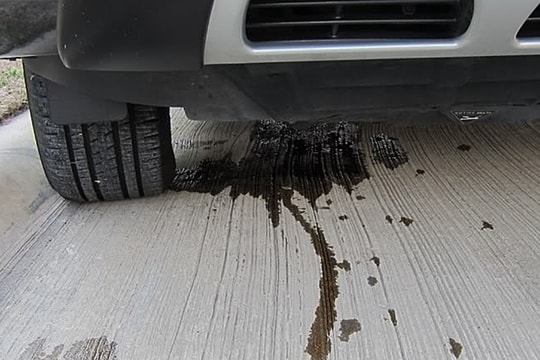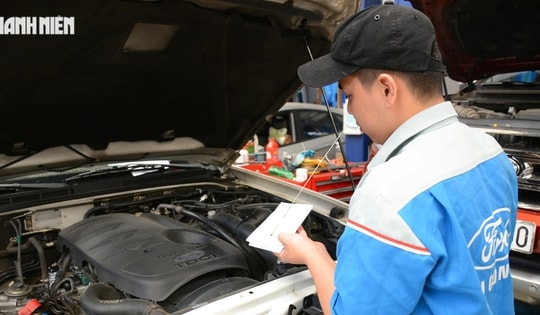New regulations cause many types of cars to increase in price?
Prices of trucks and passenger cars with 16 seats or more may increase by 15-20% in the near future due to the failure to delay the implementation of Euro 4 emission standards to protect the environment.
Determination for the environment
According to Decision No. 49/2011/QD-TTg on the roadmap for applying emission standards to assembled and imported automobiles and motorbikes, from January 1, 2017, new automobiles and motorbikes must meet emission standards at level 4 (Euro 4) and by January 1, 2020 must meet emission standards at level 5 (Euro 5).
Previously, a series of associations and businesses had proposed to delay the decision's application to passenger vehicles with 16 seats or more and trucks due to lack of preparation.
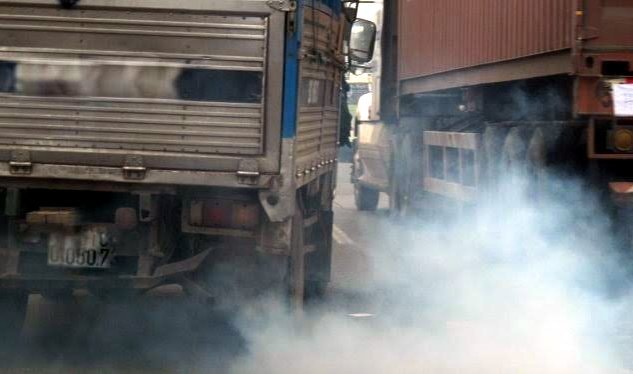 |
| The roadmap to implement Euro 4 standards is mandatory for all newly manufactured, assembled and imported cars and motorbikes from January 1, 2017. |
Recently, the Ministry of Transport has sent a document to the Prime Minister requesting to postpone the application of Euro 4 standards for passenger cars, pickup trucks, and diesel trucks (VANs) manufactured and assembled domestically for another year, until January 1, 2018. For other types of cargo vehicles (except pickup trucks and VANs) running diesel, the delay will be extended to January 1, 2022, which is an additional 5 years.
The remaining light-duty vehicles (passenger vehicles with 9 seats or less) using domestically manufactured and assembled gasoline engines (but all with foreign brands) will still maintain the roadmap for applying level 4 emission standards from January 1, 2017.
However, speaking at the regular Government meeting in February 2017, the Prime Minister did not agree with the above proposal and requested strict implementation, resolutely not ignoring environmental protection issues for the benefit of some sectors and fields.
Therefore, the roadmap to implement Euro 4 standards is mandatory for all newly manufactured, assembled and imported cars and motorbikes from January 1, 2017.
The Euro 2 standard that Vietnam is applying has a maximum sulfur content in gasoline of 500 mg/kg. However, with the Euro 4 standard, the maximum is only 50 mg/kg.
According to experts, the sulfur content in gasoline is very concerning. When burned, sulfur will create SO2 gas (sulfur dioxide), which damages the mucous membranes in the respiratory tract and eyes. Up to 95% of SO2 gas from car and motorbike engines is released into the environment. Thus, the lower the sulfur content in gasoline, the better.
The implementation of Euro 4 emission standards is aimed at reducing environmental pollution, affecting people's health. This is something that cannot be exchanged for any economic benefits. Many countries in the world have applied this standard and Vietnam cannot be slower in applying this environmental protection standard.
Car prices will increase?
According to the report of the Vietnam Register, Euro 4 emission standards were applied from January 1, 2017, but up to now, only a few enterprises have conducted testing, while the majority have not yet registered for certification.
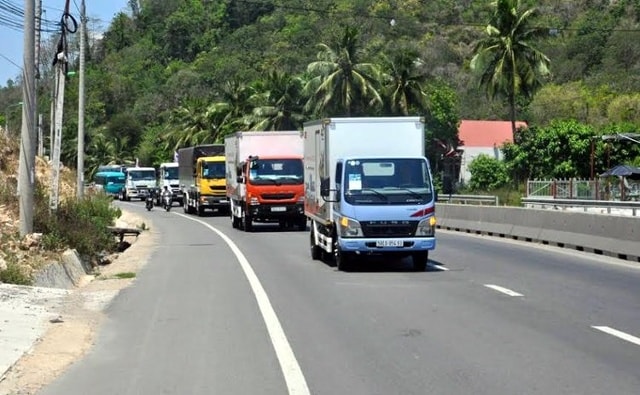 |
| Gasoline produced in Vietnam does not meet Euro 4 standards. |
Enterprises that manufacture, assemble and import trucks and passenger cars said they still think that the roadmap for applying Euro 4 emission standards will be adjusted and delayed by 5 years as proposed by the authorities, so they have not yet made the switch.
Most of the imported or domestically assembled trucks and buses still use Euro 2 and 3 standard engines. From January 1, 2017, the Vietnam Register has stopped issuing registration certificates for newly manufactured, assembled and imported Euro 2 emission standard cars.
Currently, hundreds of vehicles are stuck and businesses are waiting, especially after the Ministry of Transport sent a dispatch to the Government requesting to delay the implementation time.
If Euro 4 standards are to be followed, these vehicles will certainly have to have their engines replaced. In addition, imported and domestically assembled vehicles will also have to switch to Euro 4 engines.
According to calculations, when changing the engine from Euro 2 to Euro 4, the price of the car will increase significantly. Therefore, the car market in the coming time will increase prices, with the segment of trucks and passenger cars with 16 seats or more. However, the increase depends on many factors: production costs, taxes, distribution and competition in the market.
Enterprises said that there is another concern about the quality of gasoline and oil that is not guaranteed. Gasoline and oil produced in Vietnam does not meet Euro 4 standards, so to meet them, it must be imported and sold together with gasoline and oil that meet Euro 2 and 3 standards. With so many types of gasoline and oil, there will be a great risk of fraud in the business of this product.
The biggest concern is that Euro 4 engine vehicles use substandard gasoline, mixed with uncontrolled quality, which will affect the engine.
The Vietnam Automobile Manufacturers Association (VAMA) said that the market currently has only 3-4 types of gasoline, and quality control is already difficult. If more types are added, it is unclear how control will be achieved. Poor quality gasoline will quickly damage machinery and engines, potentially posing a risk of vehicle fire or explosion.
When cars use engines that meet Euro 4 emission standards as prescribed, but use substandard gasoline, the number of cars having problems will certainly increase significantly. Emissions from substandard gasoline still destroy the environment. Therefore, if new motorbikes and cars are required to use Euro 4 engines, the quality of gasoline according to Euro 4 standards must also be strictly controlled and widely sold, and can be easily purchased.
According to VNN
| RELATED NEWS |
|---|

